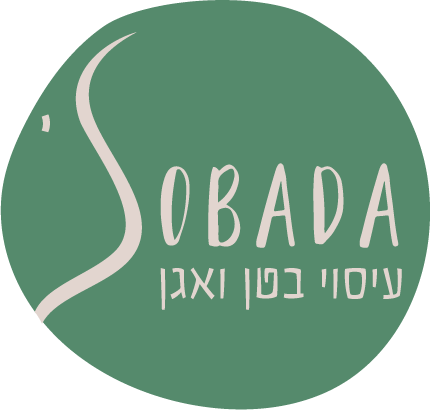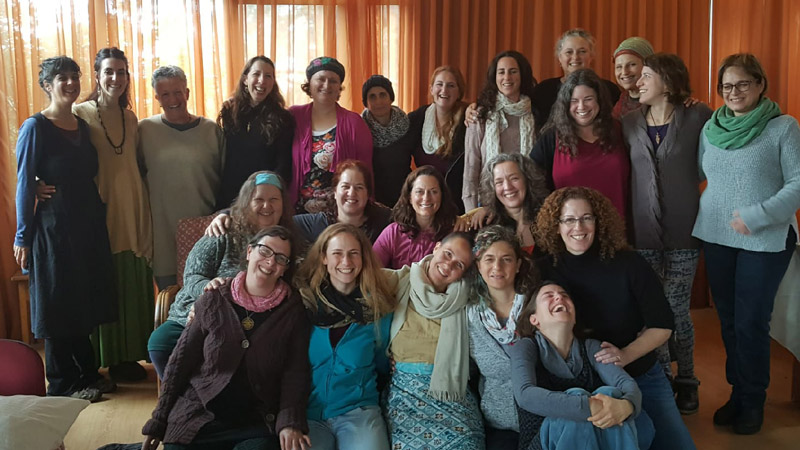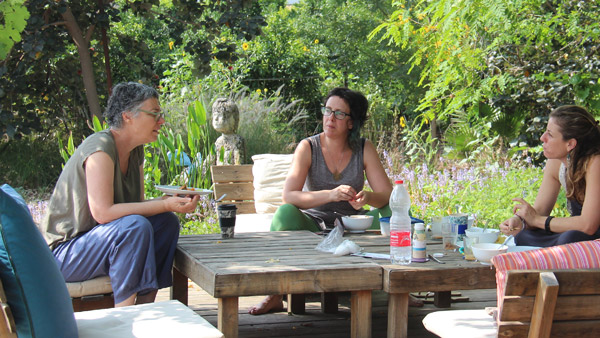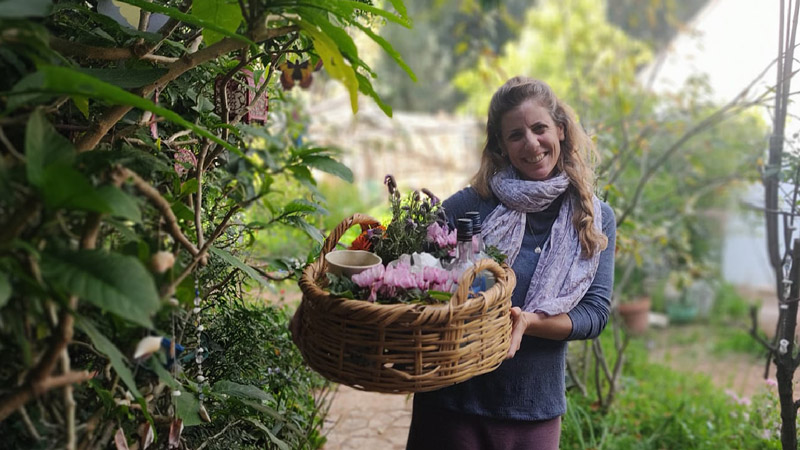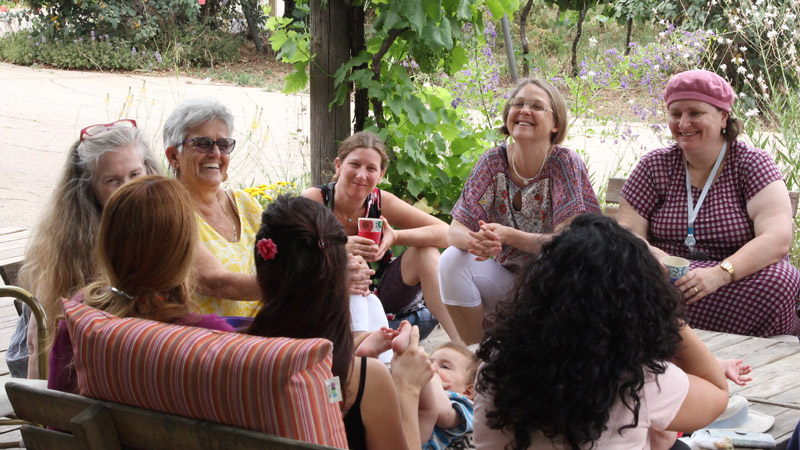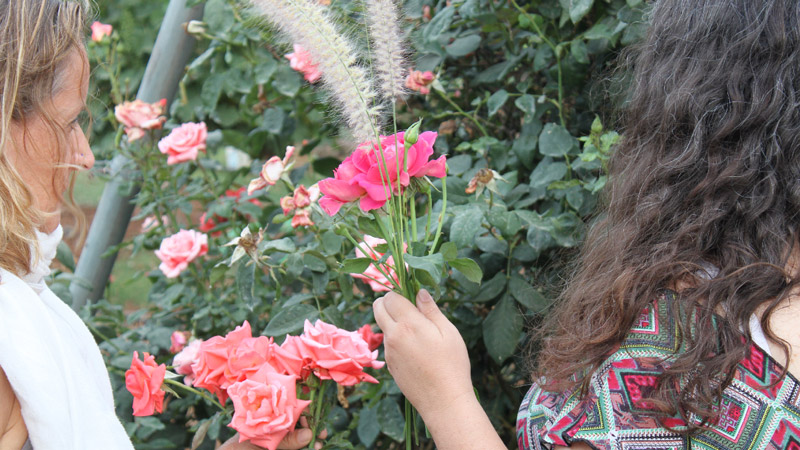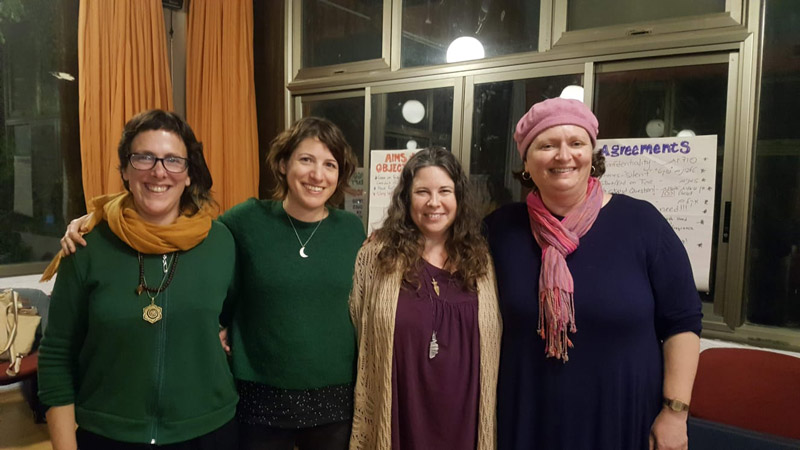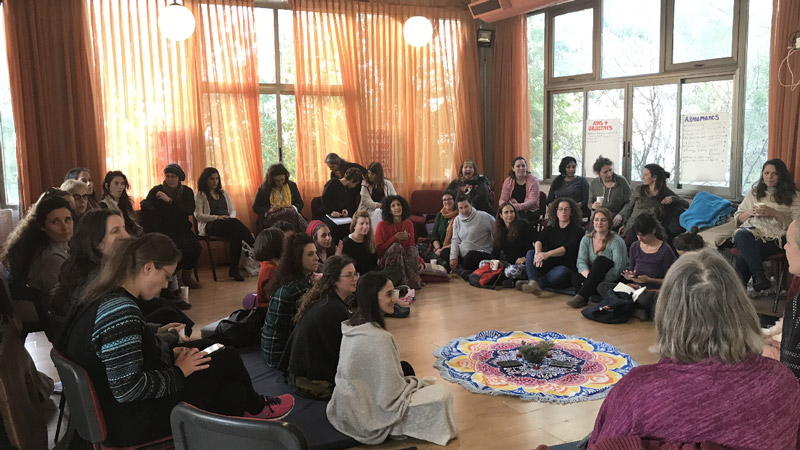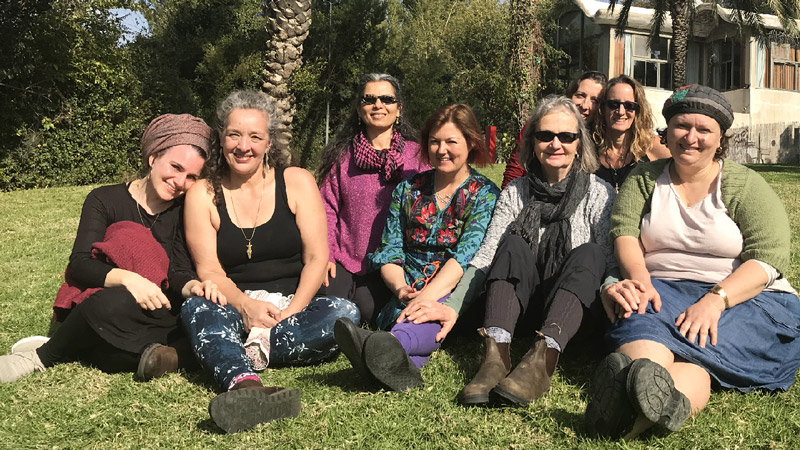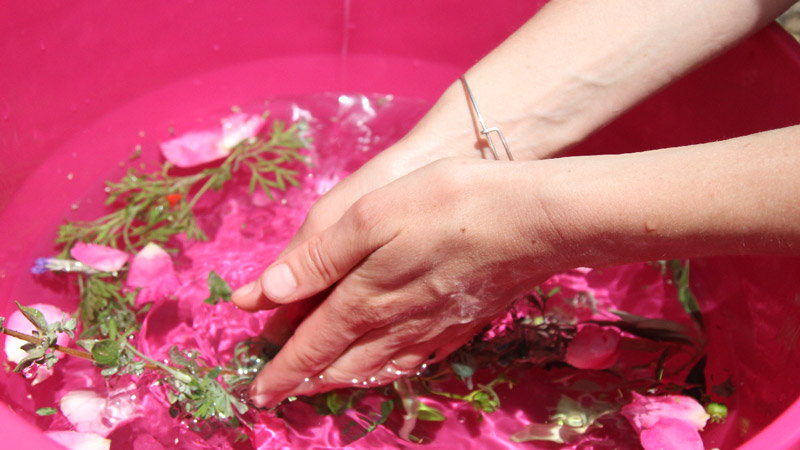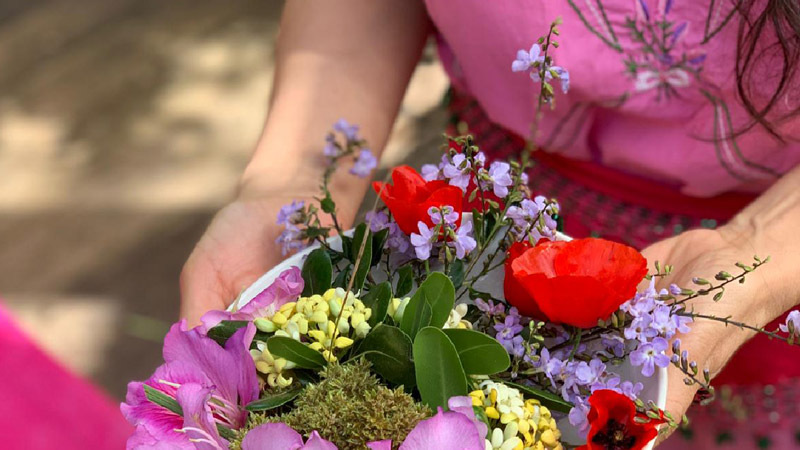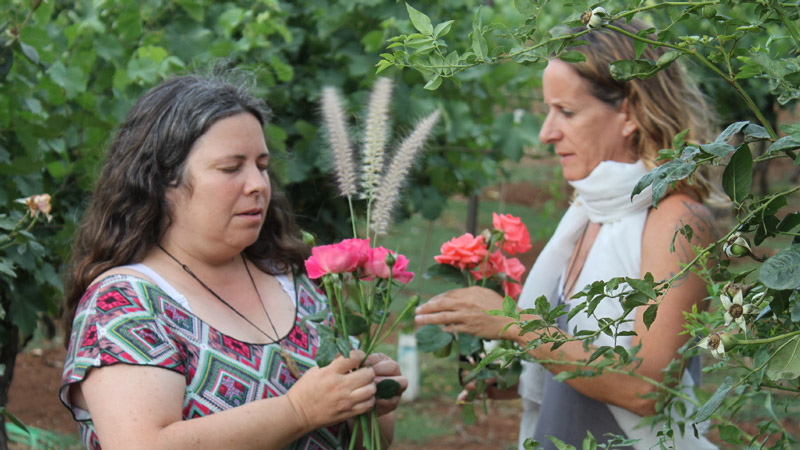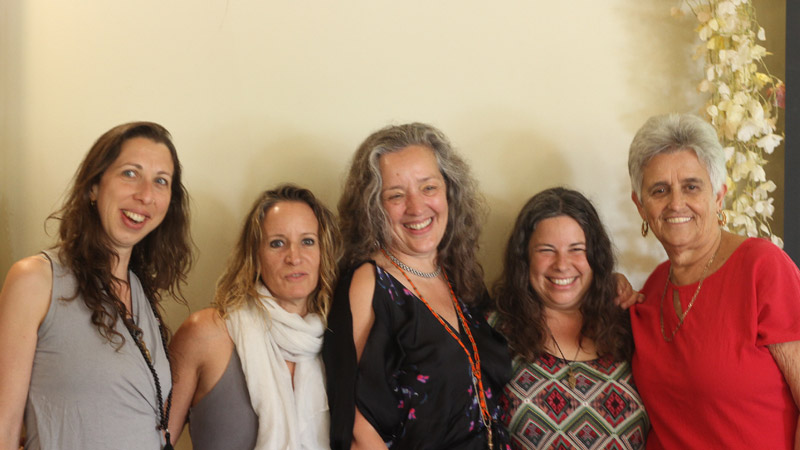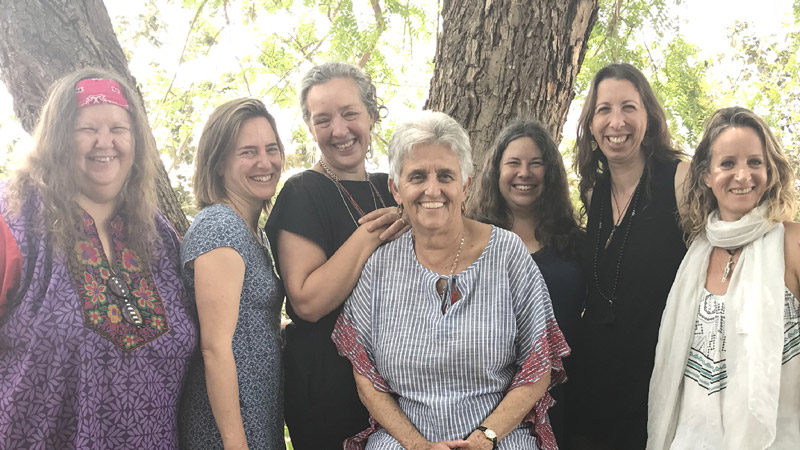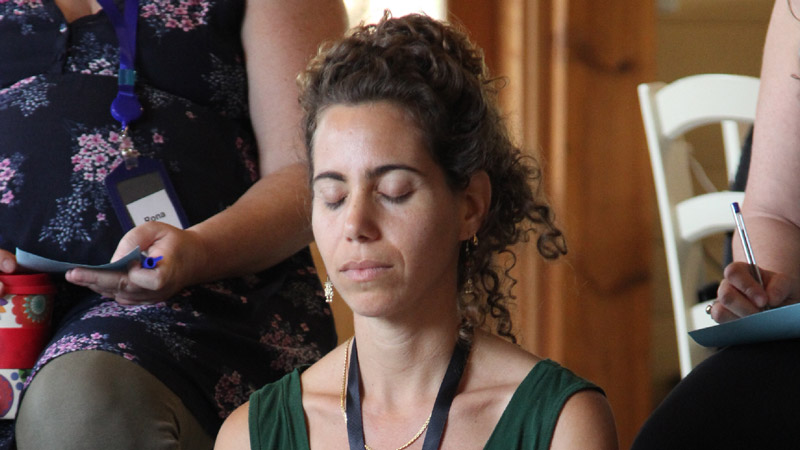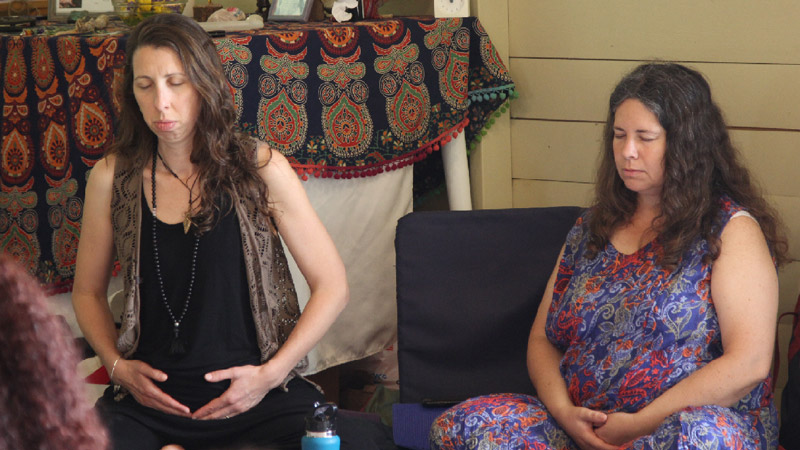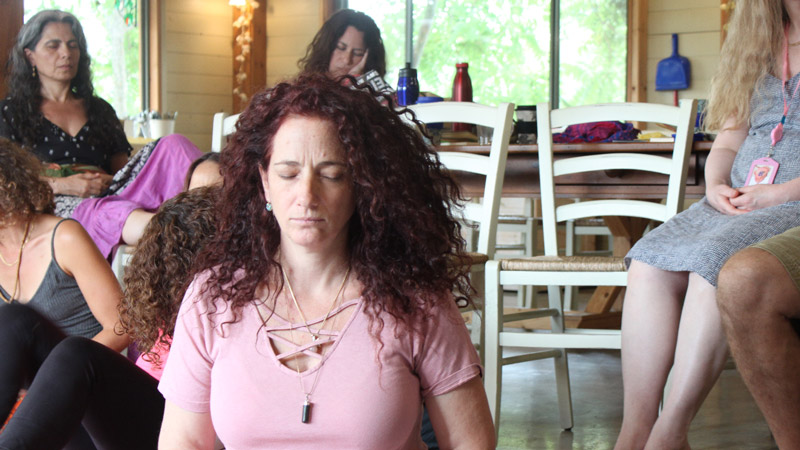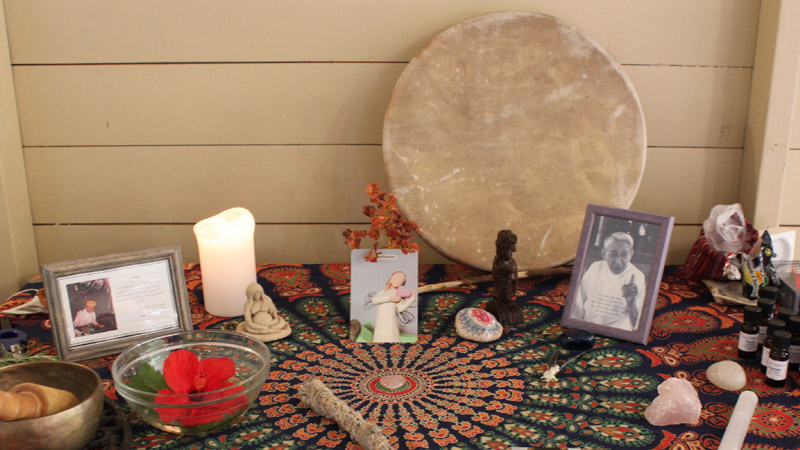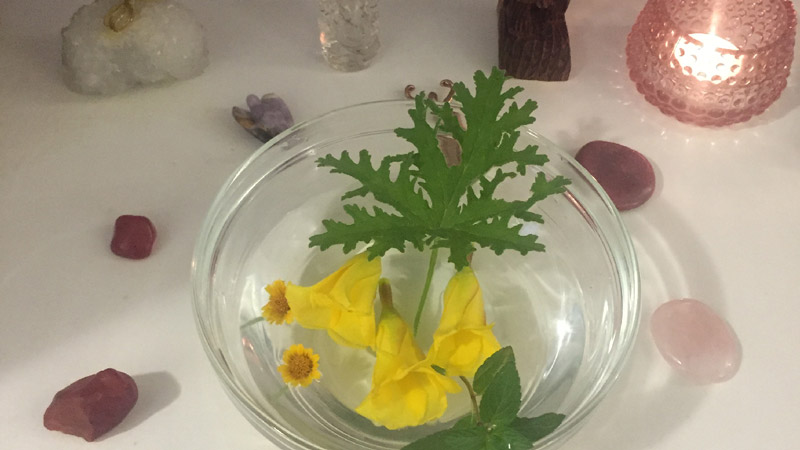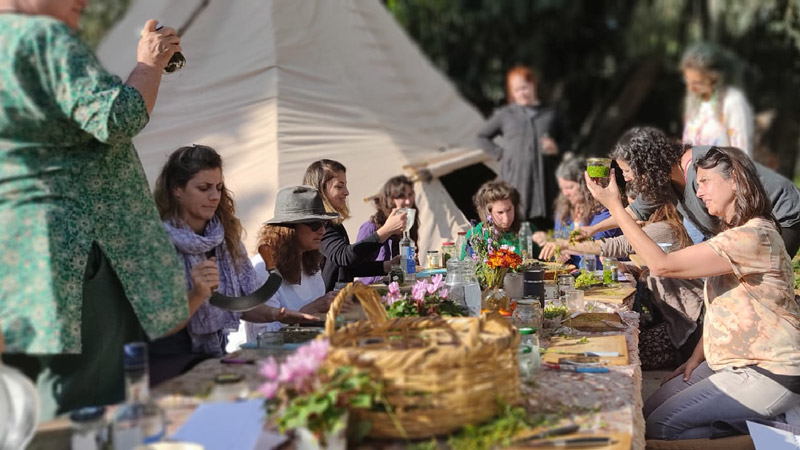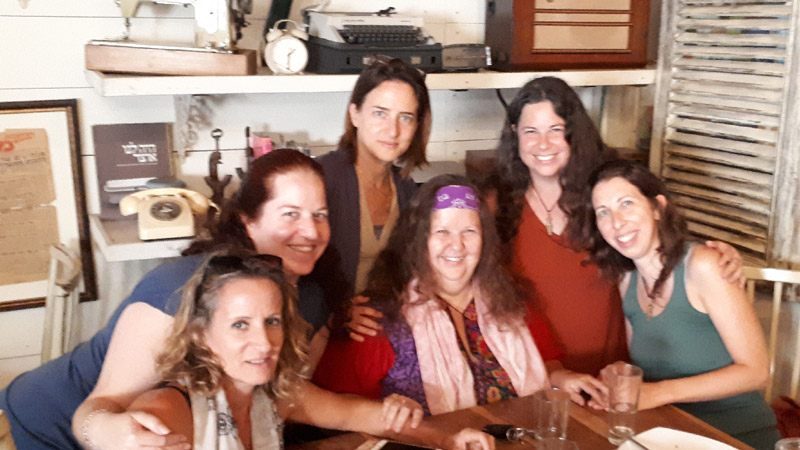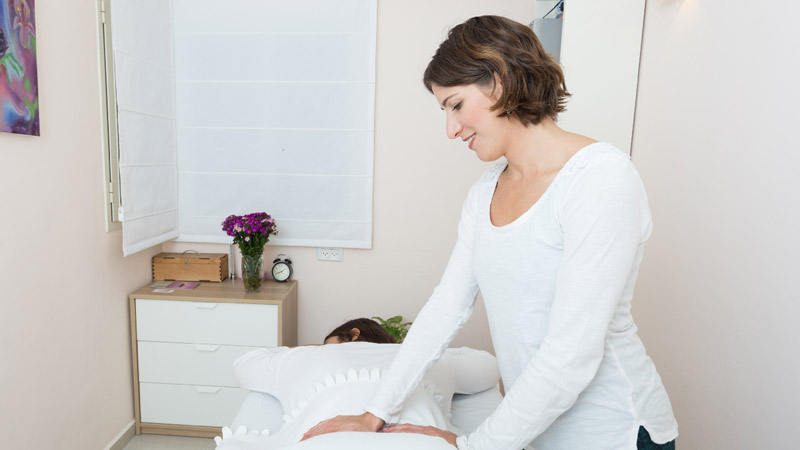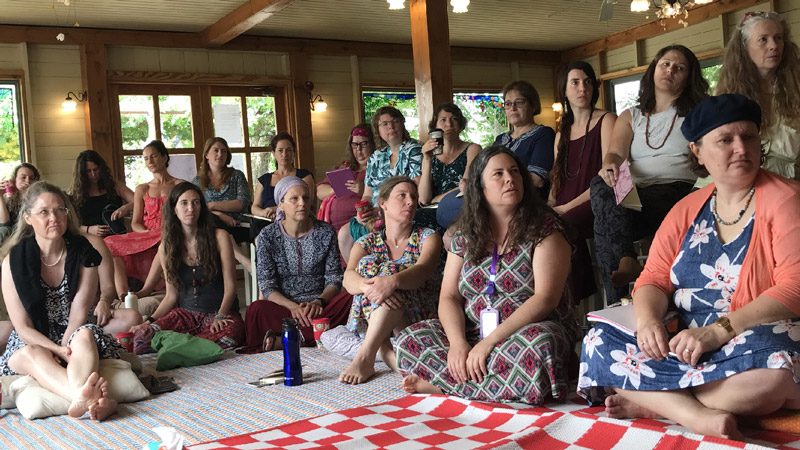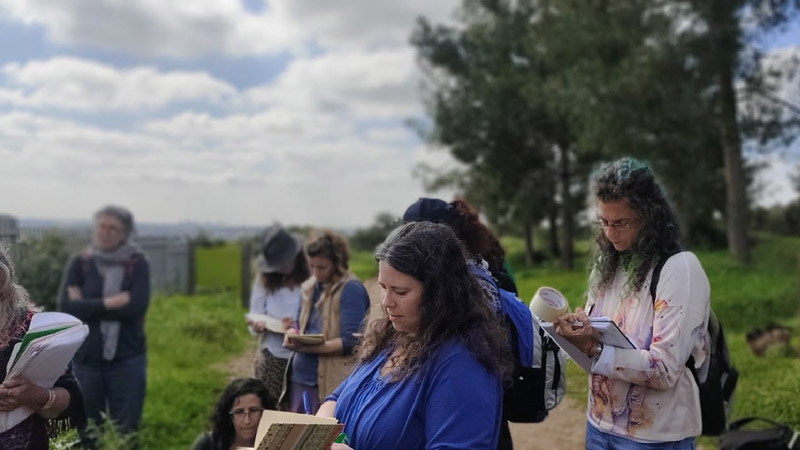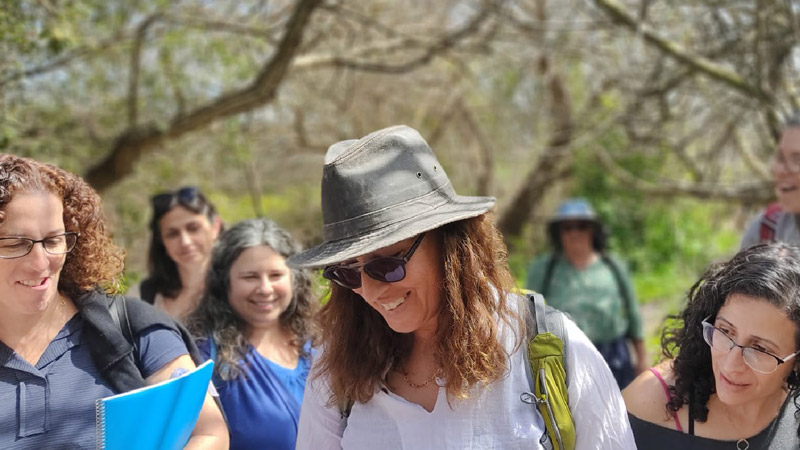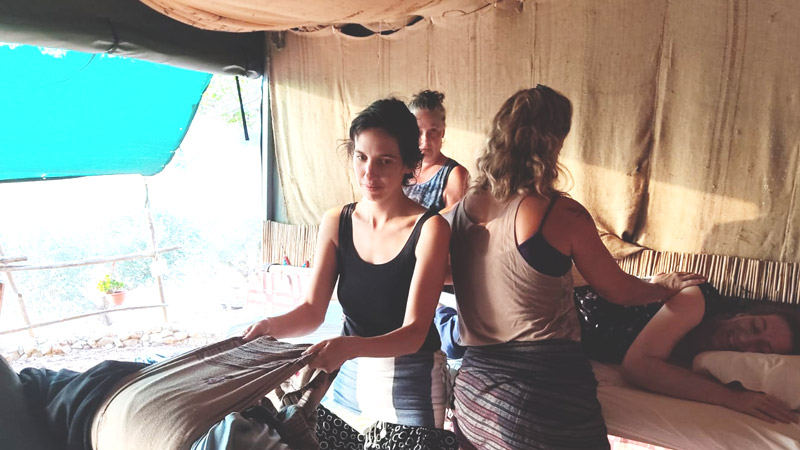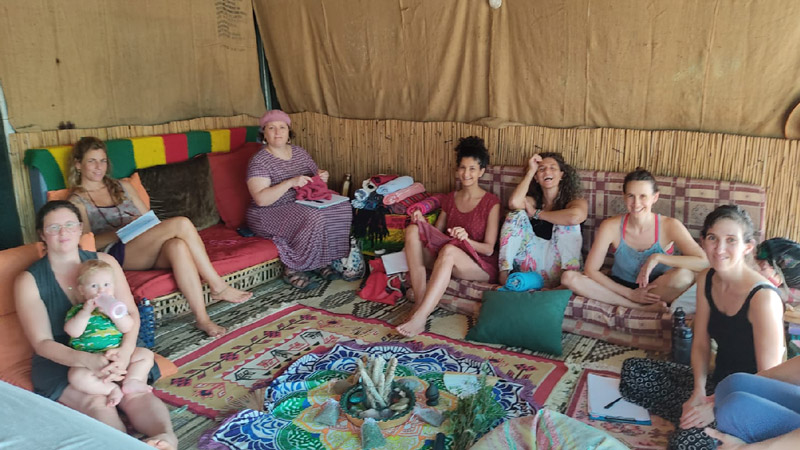What is Sobada?
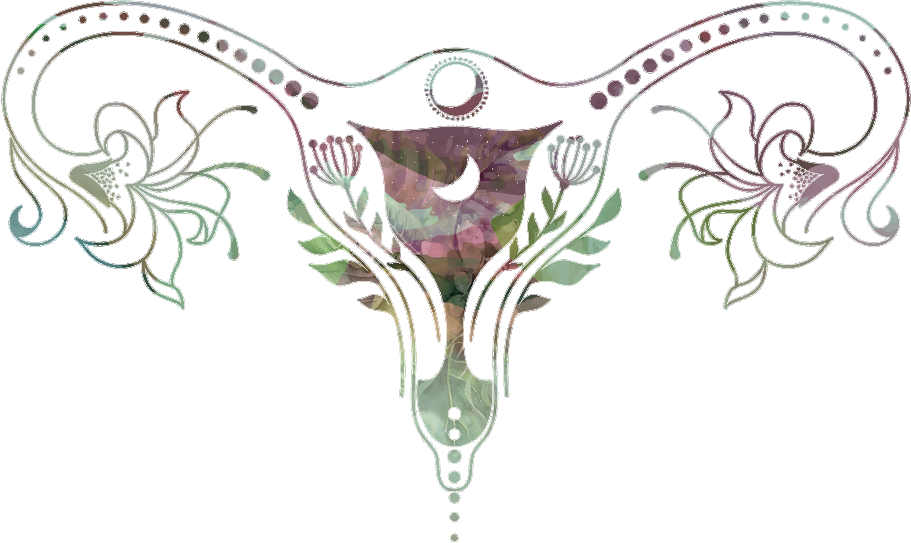
Sobada is a form of bodywork that originates in Central America. The aim of Sobada is to return the abdominal and pelvic organs to their natural position. In most of the world it is referred to as “uterine massage” or “womb massage” because of it’s unique and powerful effect on a woman’s reproductive system.
Sobada treatments help with everything related to the abdomen and pelvis in particular issues related to fertility, pregnancy, pelvic and stomach pains, digestive issues and issues related to a woman’s menstrual cycle and menopause.
Areas of treatment:
Pregnancy loss
Endometriosis
Painful periods
Fertility
Hysterectomy
Menopause
Irregular periods
Pregnancy
Digestive issues
Polycystic ovarian syndrome (PCOS)
Pelvic floor
Sexuality
Teenagers
Women
Male issues
Body & Mind
How do you find a Sobada practitioner?
Our Practitioner directory can be searched by location and specialisation at this link.
Sobada practitioners have completed training by the creator of the method, Dr. Rosita Arvigo or her students in Israel or overseas.
There are other therapies that also work on the abdomen and pelvis or are called womb massage. When you contact a Sobada practitioner that appears on our website you know that the practitioner has trained in the Sobada techniques and has professional support and continues to learn and develop as part of the local Israeli Sobada practitioner community.
Yes, the treatment is on your belly. According to Don Elijio Panti, the Belize shaman who taught Rosita Arvigo the basics of Sobada, a woman’s uterus is her center. When her uterus is not in the correct place her whole body is out of alignment. Our abdomen is a critical part of our body, our center, and it contains important organs including reproductive and digestive organs.
Our womb also houses our memories, experiences, traumas and secrets.
From a holistic perspective, our belly’s store our deepest emotions, fears and desires.
The treatment begins with a conversation about your health and symptoms. The treatment itself consists of massage on your upper and lower abdomen and back. Part of the massage is directly on your skin with the use of oil and some over the sheet.
Many Sobada practitioners practise other healing modalities like reflexology, massage, acupuncture, amongst others and might combine these in your Sobada treatment.
An important part of the treatment is learning how to massage your own belly at home in order for you to have tools to treat yourself. Some practitioners teach this massage during the first treatment and others choose to teach it in follow up sessions. Often your practitioner will choose to teach you additional tools you can use at home like castor oil packs and vaginal steaming.
The treatment is not meant to be painful although sometimes you may feel some pain or sensitivity in some areas and your practitioner will work with you to relieve the pain.
Mostly the treatment is very pleasant, enjoyable, relaxing and in some cases uplifting.
Yes. The treatment takes place on your abdomen and back. The treatment is not an internal vaginal treatment.
Sobada treatment is both suitable and even recommended if you have had a hysterectomy. When your uterus was removed, it left a space and the remaining organs now have to reposition themselves. It’s also important to work on the scar tissue that was formed as a result of the surgery.
Even if the womb is not physically present, the spirit and energy remains. Sobada can also be an excellent way to honour yourself and the physical and emotional changes you have gone through with the surgery.
Some Sobada practitioners have completed further Sobada training and are qualified to treat women during pregnancy. You can find these practitioners in our Practitioner Directory if you choose “Pregnancy” הריון as a specialisation.
It’s a wonderful treatment during pregnancy, helping the mother bond with her child, relieving symptoms like heartburn, nausea, pelvic pain, lack of circulation, haemorrhoids and more. Close to the birth there are techniques that help prepare your body for the birth.
Please share this information with your Sobada practitioner. She will know to start the treatment slowly and gently, possibly over your clothing or a sheet instead of directly on your skin. Maybe she will focus more on your back or teaching you to do the massage yourself.
Even though the most popular name for Sobada is womb massage or uterine massage, the treatment is equally suitable for men (for symptoms like prostrate issues, digestive issues and low sperm count for example).
Only some Sobada practitioners work with men. You can find those practitioners in our Practitioner Directory by choosing Men (גברים) from the list of topics.
One of the pioneers in the development of this bodywork and sharing this information with the world outside of Central America is Rosita Arvigo.
Rosita Arvigo was born in Chicago, USA, and during her travels to Mexico she discovered a deep passion for herbal medicine and chose to establish her home in Belize. There she was a student of the shaman Don Elijio Panti for thirteen years.
During many years, Rosita developed a set of bodywork techniques based on traditional knowledge from Don Elijio Panti, her knowledge of anatomy and physiology and her work with many traditional midwives.
She researched the bodywork techniques and developed them alongside other Western women professionals. During many years of exacting and sensitive work, Rosita developed bodywork techniques that came to be known as “The Arvigo Techniques of Maya Abdominal Massage” or “Arvigo therapy”. These techniques were taught around the world and were used by different health professionals in a variety of fields.
In 2007, Galit Bareli brought Arvigo Therapy to Israel and eventually several practitioner training courses were held in Israel which led to the existence of a wonderful and close knit community of practitioners.
In 2018, Rosita Arvigo visited Israel in order to meet the local Israeli practitioners and to lecture in front of hundreds of women.
In 2020, during the Corona pandemic, dramatic changes took place in the institution responsible for the teaching and sharing of the therapy. Rosita Arvigo and other teachers left the old organisation and founded a new organisation. The original organisation, including the name “Arvigo” was sold to a New Zealander.
As part of this change, the community of Israeli practitioners who had learned the knowledge and techniques from Rosita Arvigo or her students, chose a new path that also takes into account the knowledge and experience that has been accumulated amongst Israel practitioners in the last 15 years.
This path also acknowledges the unique challenges and strengths to Israel and the vast amount of knowledge that has been gained during long years of learning and joint investigation.
When we searched for a name to represent our new path, we discovered that there is a name for this type of work in the place that it originated – Sobada. With deep respect to the knowledge and journey that has taken place before us we chose this name to represent our new path.
Sobada Therapists who speak English
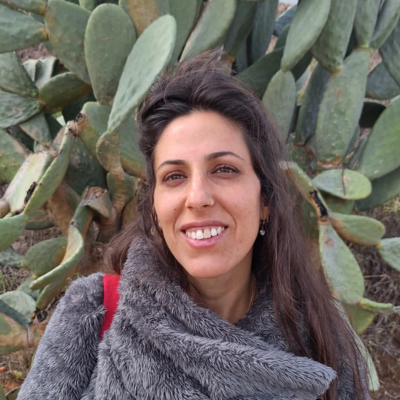
- כינרת זולוטריוב
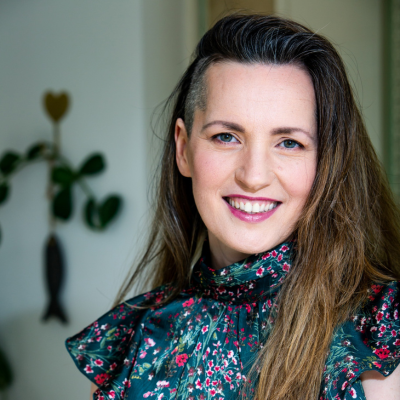
- אלה פיין
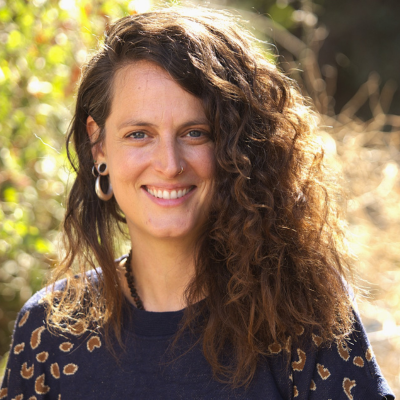
- גילי מקובר
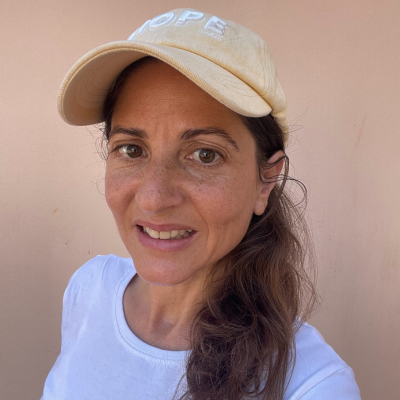
- אוליביה רחל פרנקו נבון
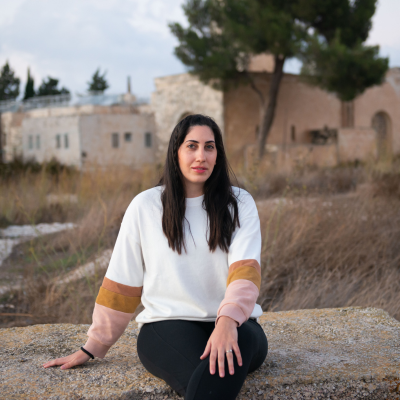
- אביב שלום
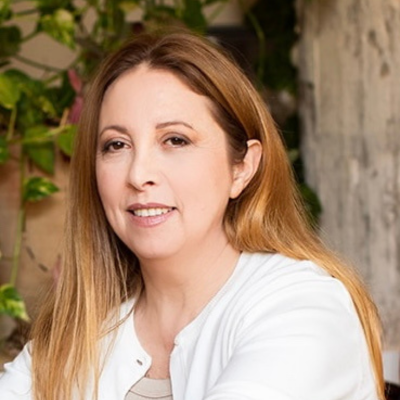
- צביה לקס
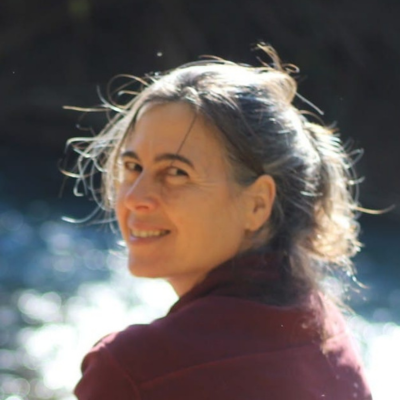
- יעל סלע
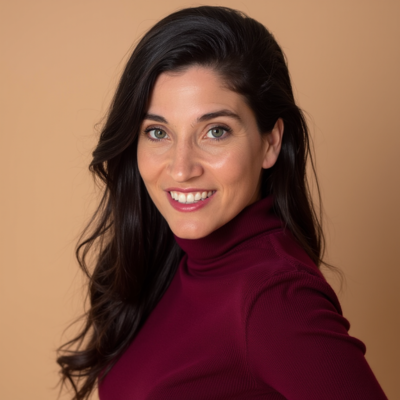
- רינה גולדמן
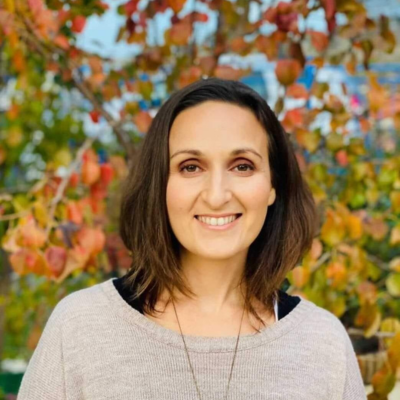
- חנה וייצמן טוקטלי
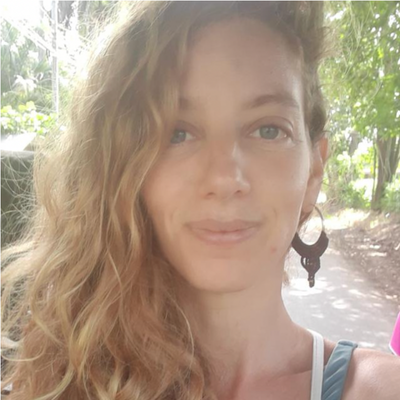
- יעל רייכנשטיין
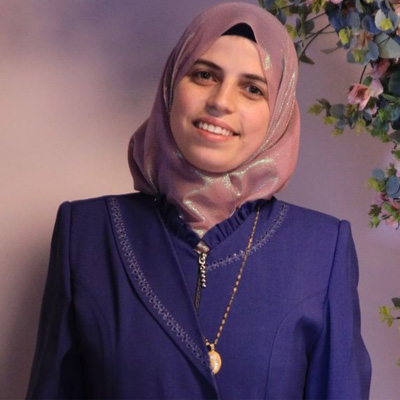
- לילה קבהא
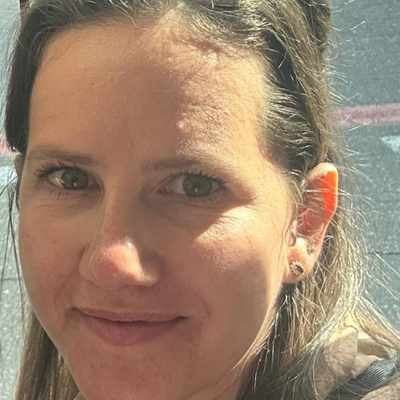
- בת ציון שור
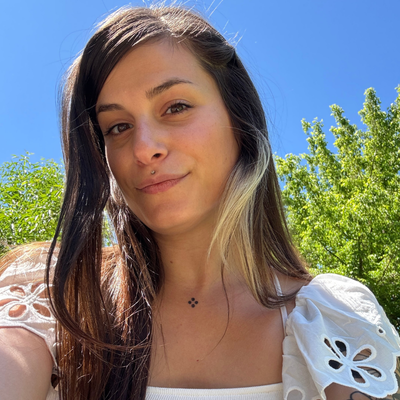
- ליאור יטינזון רגוזה
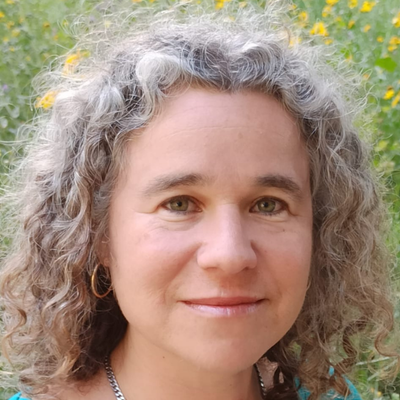
- גילי שריר פרידמן

- דנה עמרן פרומקין
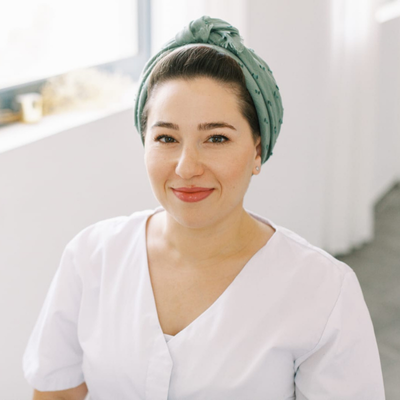
- תמר זקון
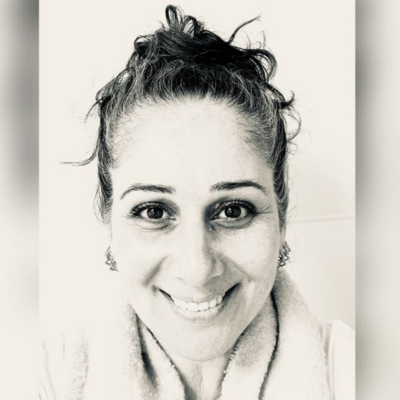
- איריס נייפלד
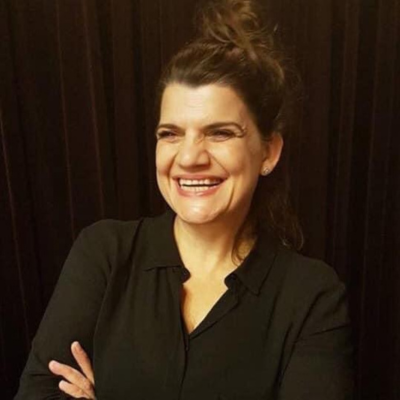
- ורד דלאל
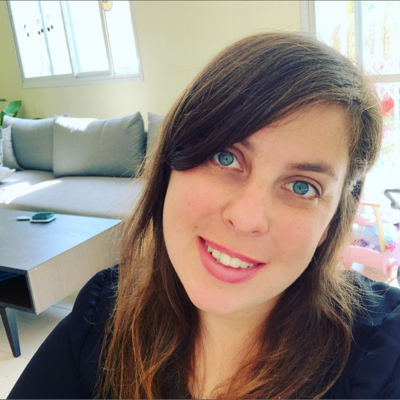
- מעין רוגק ווסטלר
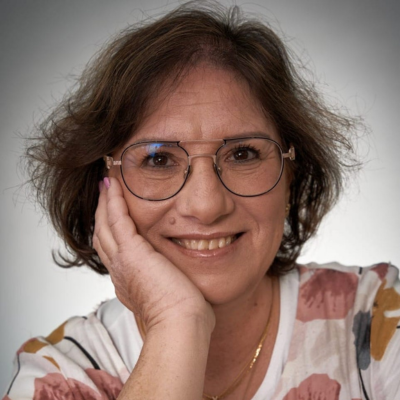
- אשרית פרלמוטר
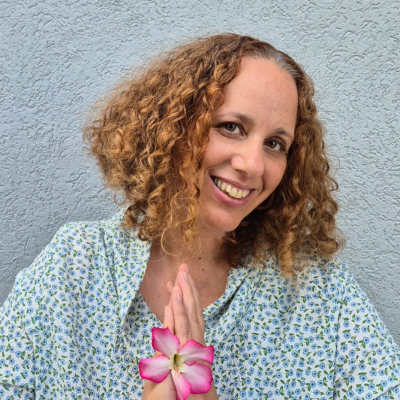
- רעות פולקוב דגני
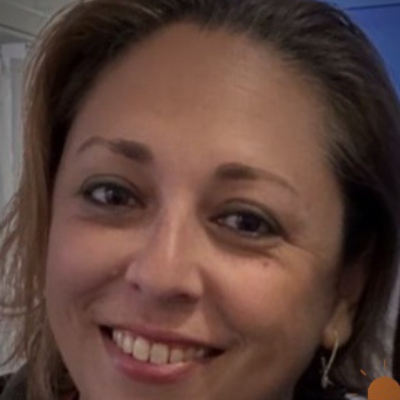
- אורנה לוריא
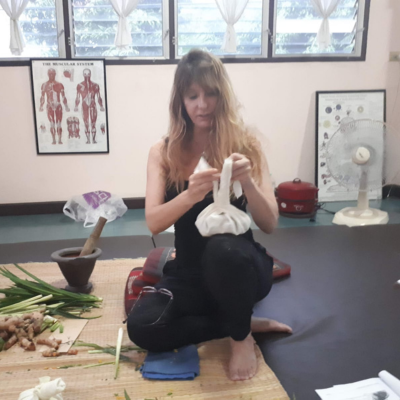
- לימור בל
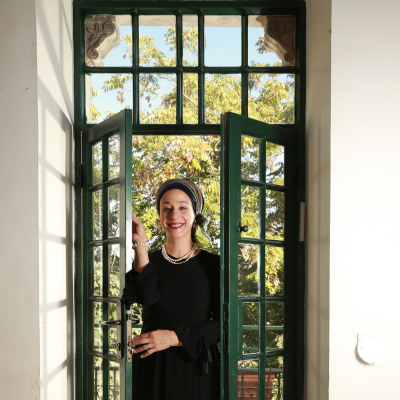
- שרה משולמסון
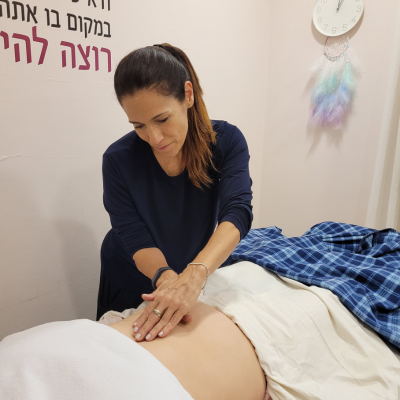
- איריס בנטוב כהן
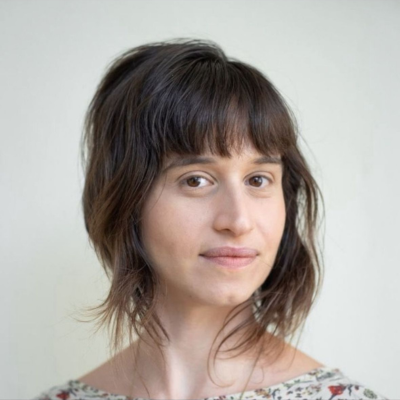
- דפי גריסרו
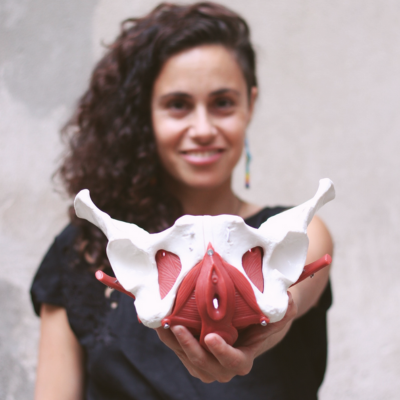
- זוהר רן קרני
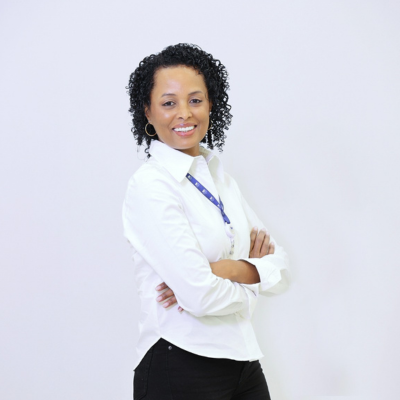
- יונית לוי
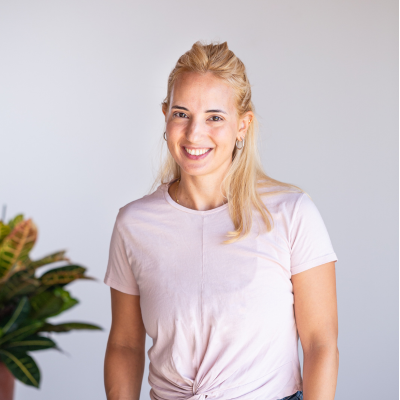
- אלה וייס
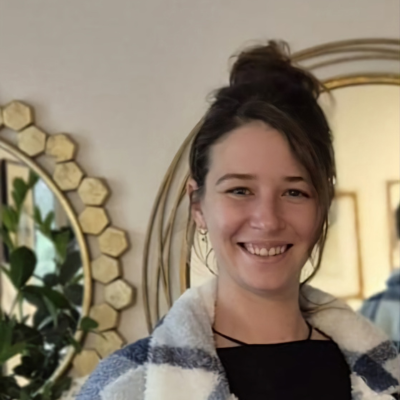
- אילנה ברנר
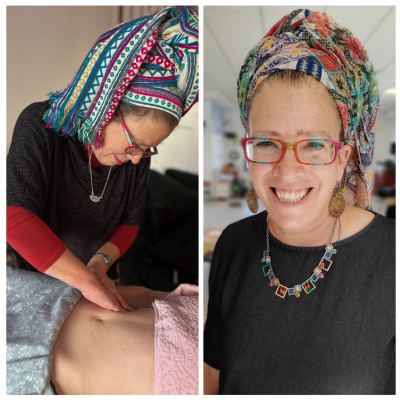
- רבקה זלטקין פלאו
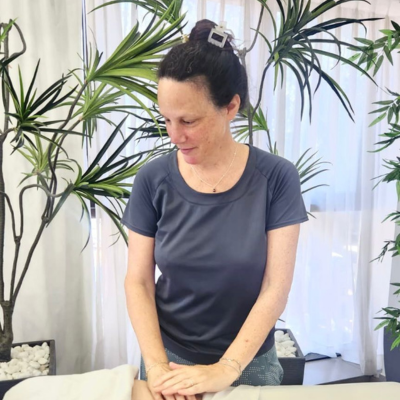
- אתי חנן

- סמדר טורס

- מירב עיני כהן

- גילה הרשקו

- אמילי גרסיה

- לימור מירז

- רעיה ליבמן
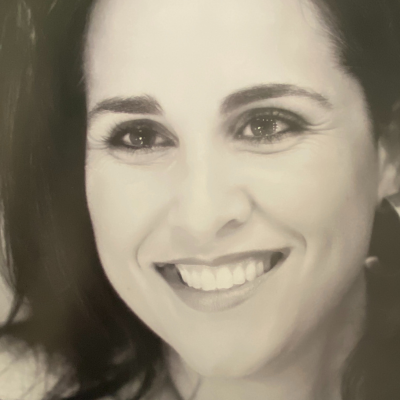
- איילה שרת נצר

- ליאור תמרי נאמן
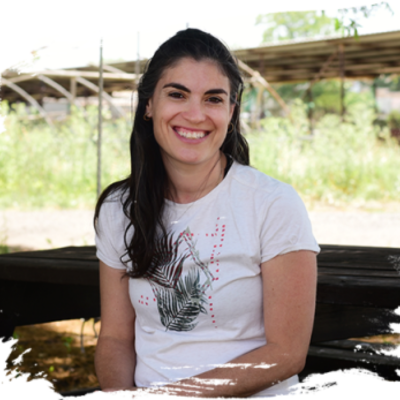
- שירי רז
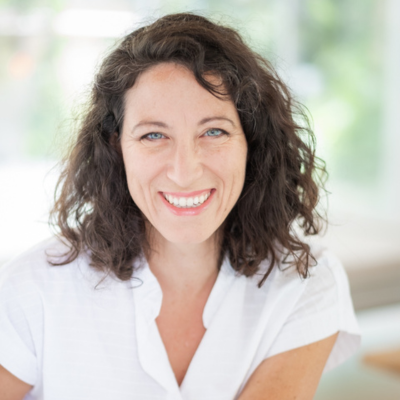
- כרמל ג'נאח
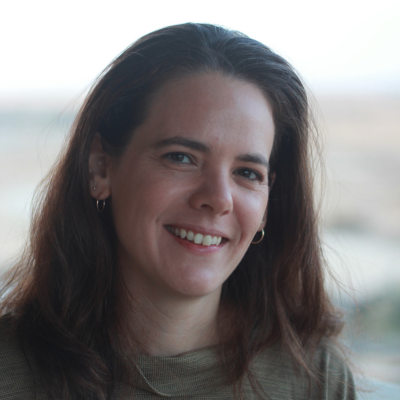
- דפנה רובינשטיין
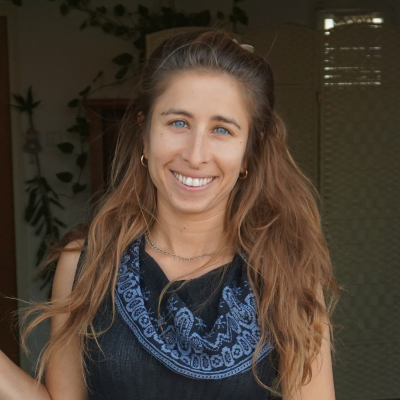
- ענבר רוזנבלט
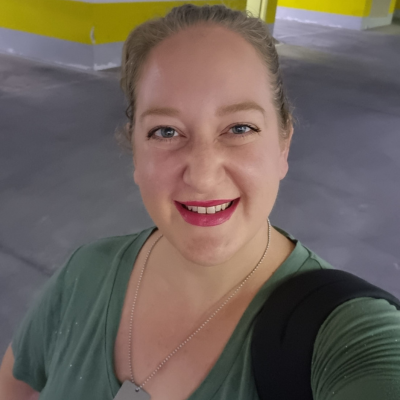
- ליבי גולדן
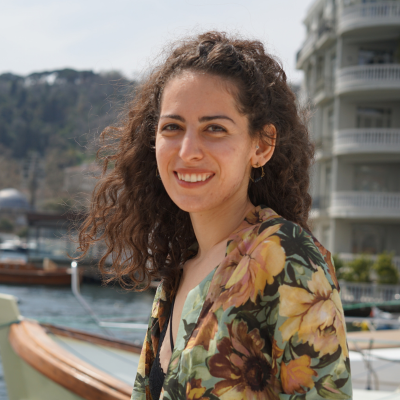
- נעמי פורמן
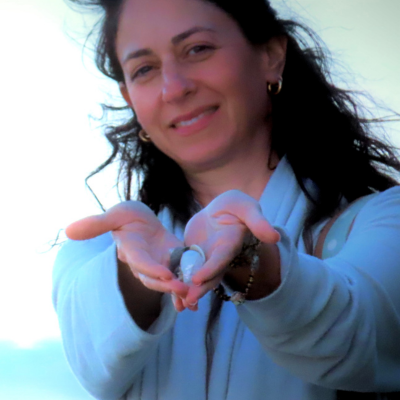
- קארה פרר
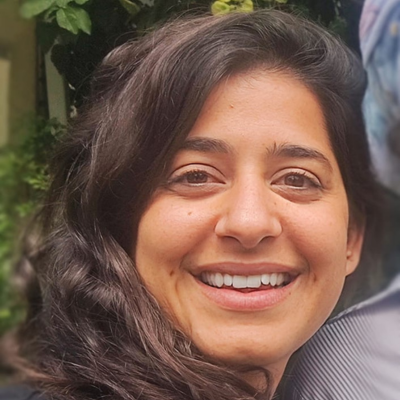
- שיר לפיד
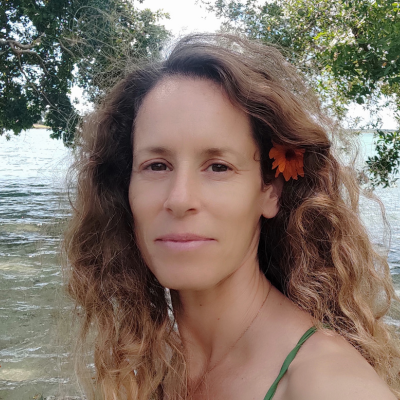
- Tali_Shimoni
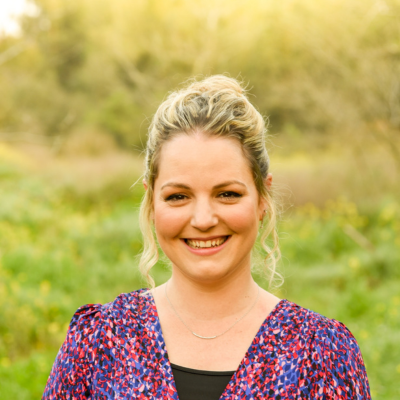
- יעל ורד
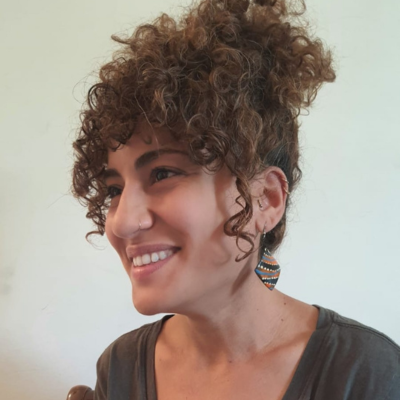
- נטע אציל
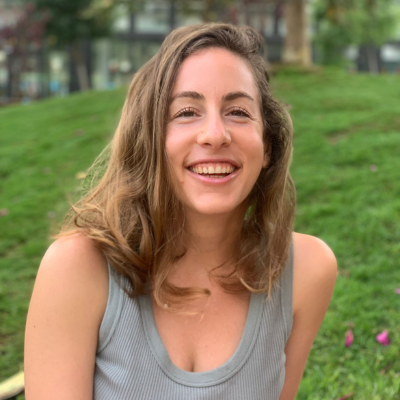
- שירה מרשנד

- אווה צבי
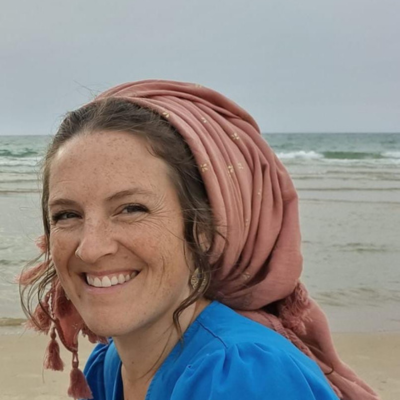
- מוריה אייכל
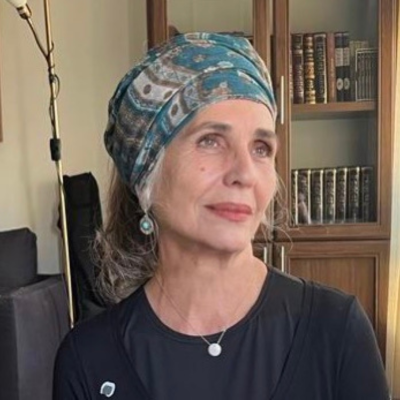
- מיכל אברהם
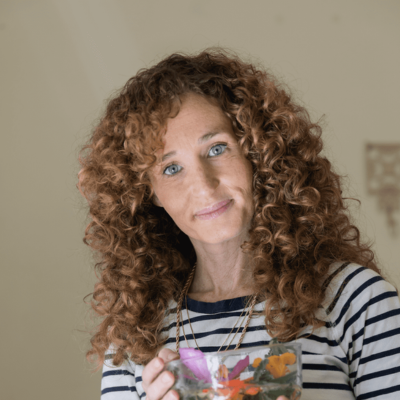
- אלמוג קליין שוורץ
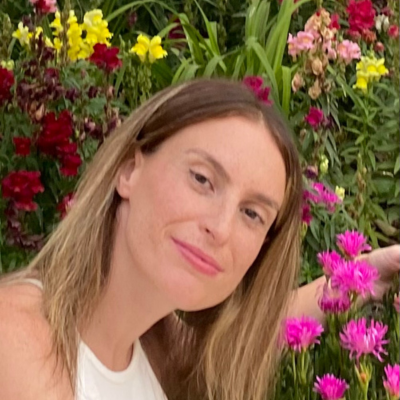
- ליטב כהן בניון
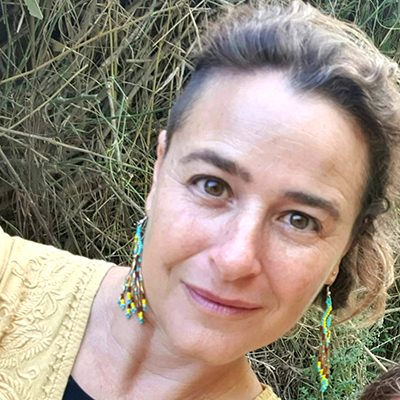
- גליה רביץ קרפול
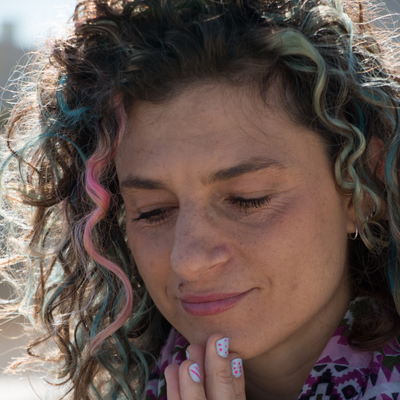
- אורלי זלצמן
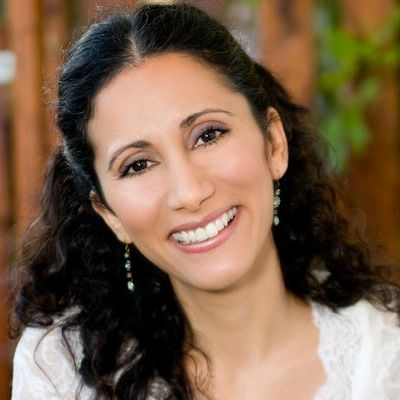
- אוריה עזאני
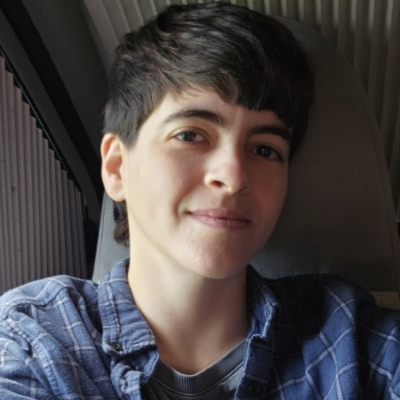
- שרה אדרי
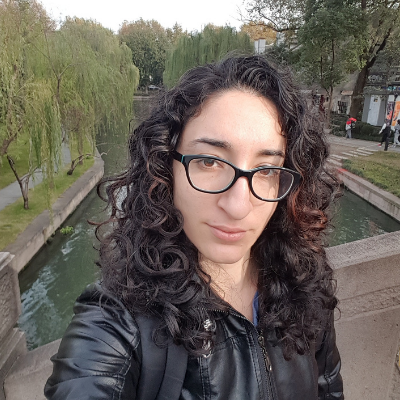
- מירי סעד
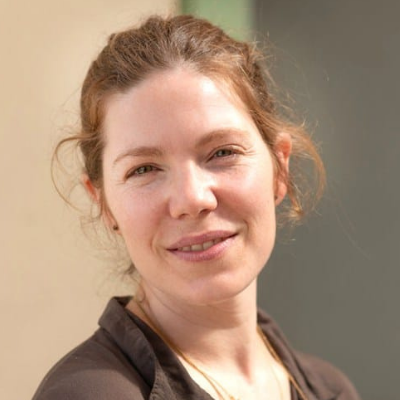
- מרום לוי
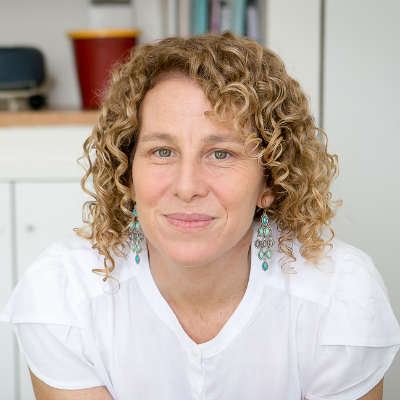
- ענת צחר
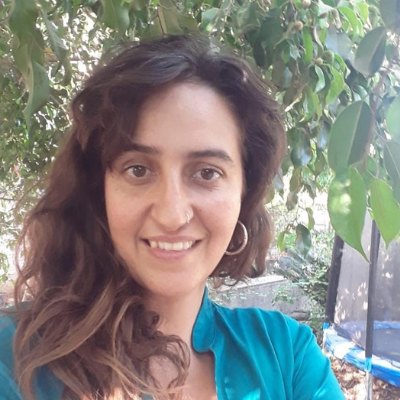
- הילה ריצ'י
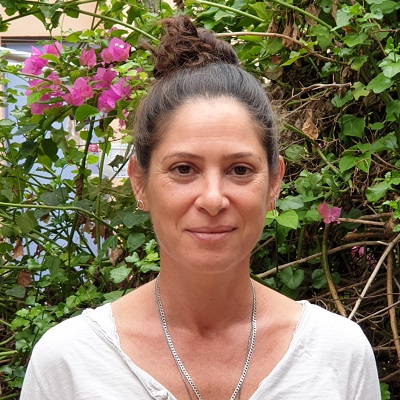
- יערה נייגר לביטוב
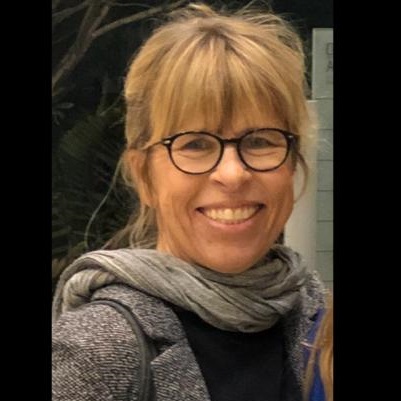
- אווה רונדל
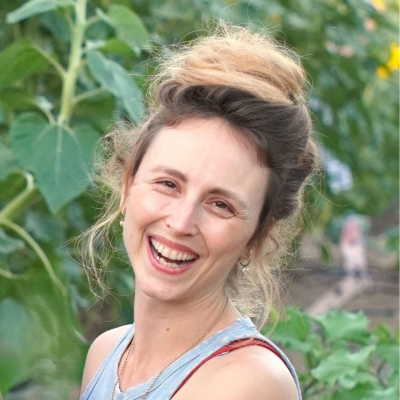
- יובל שלזינגר
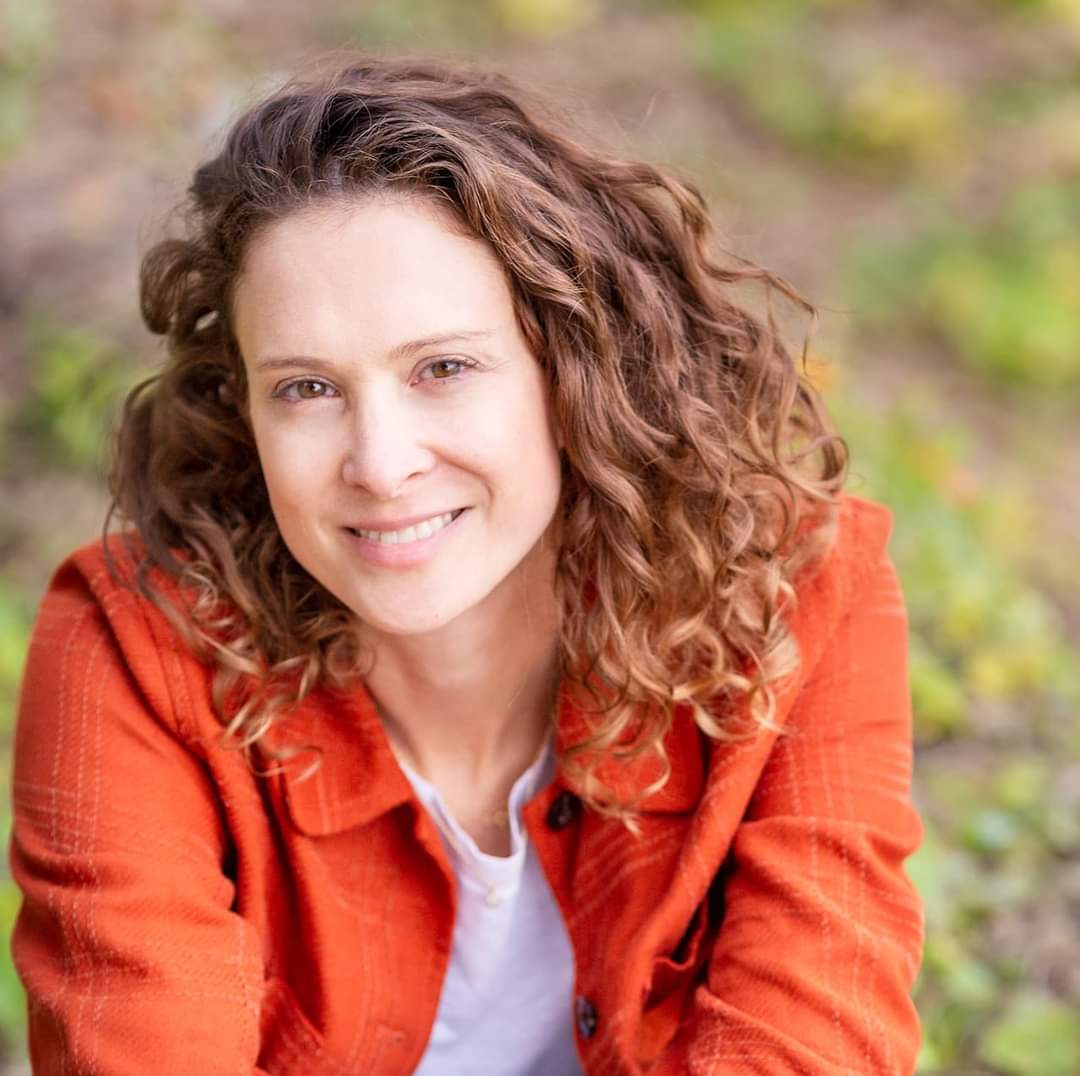
- אורלי הדני נוה
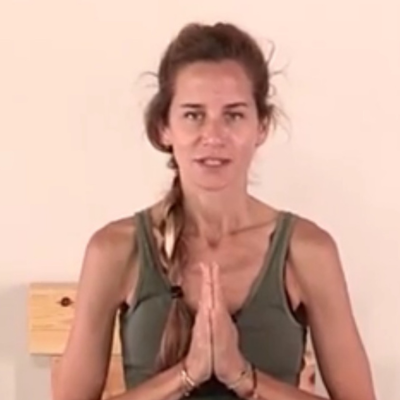
- אורית ויינר
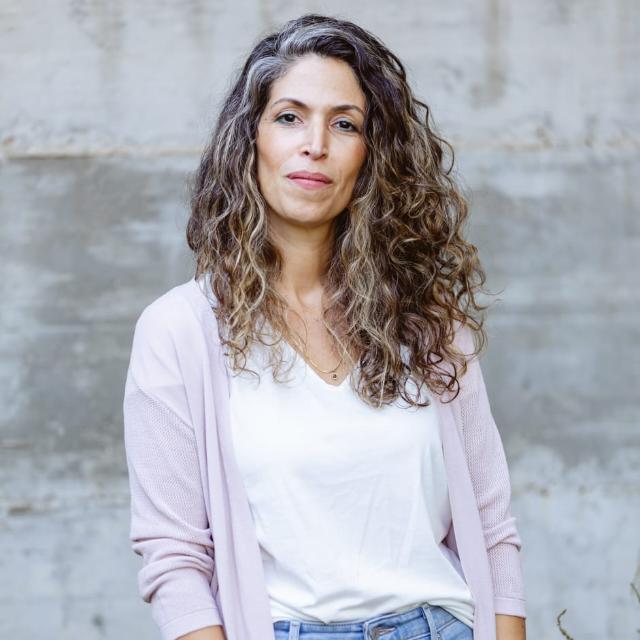
- טניה זמירה
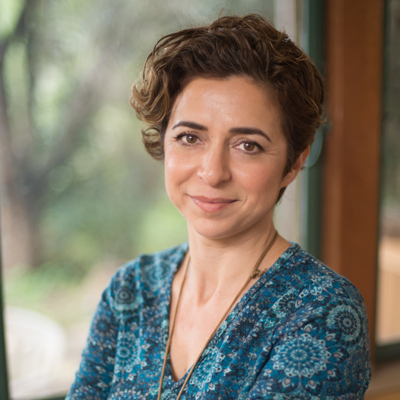
- יאנה טסלר
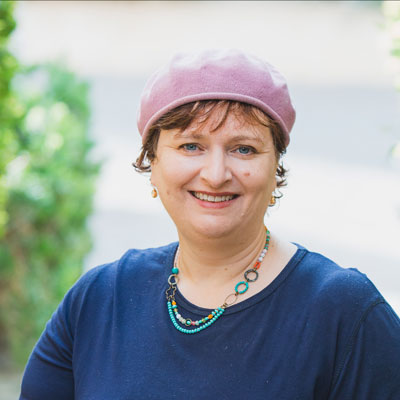
- אנט גרין
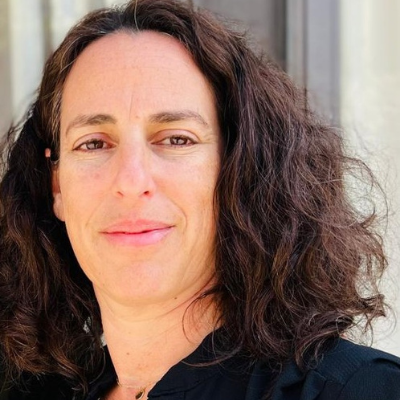
- גזית מרגלית
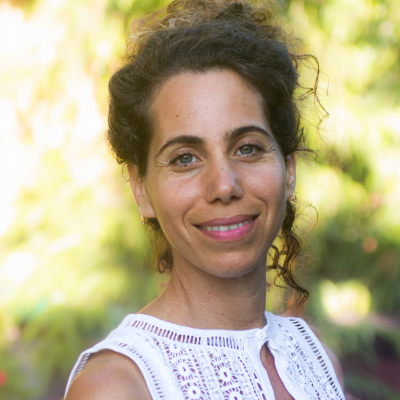
- קרן לבנה וייס
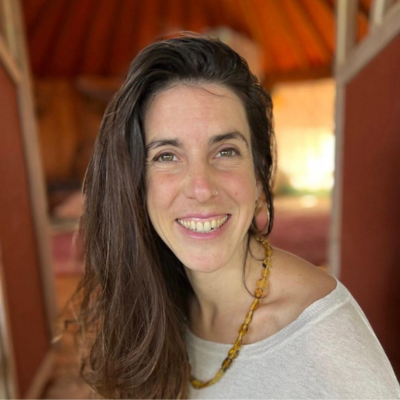
- יסמין גן אור
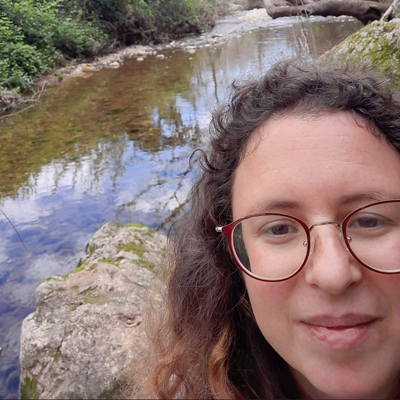
- טליה זוהר אברהם
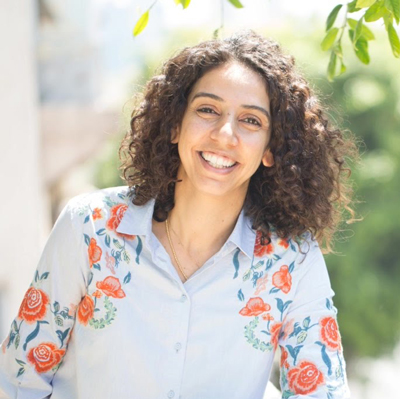
- רעות עמיאל לוי
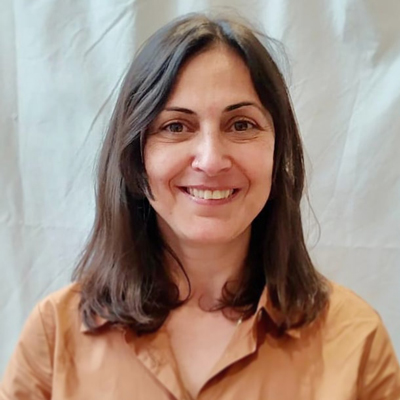
- אטי ברקת
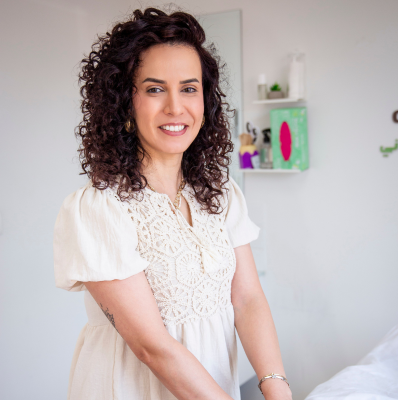
- לנא מנסור
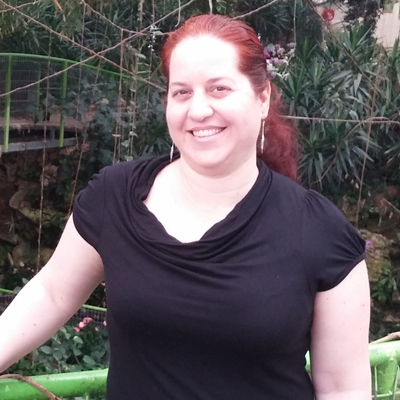
- נועה רום
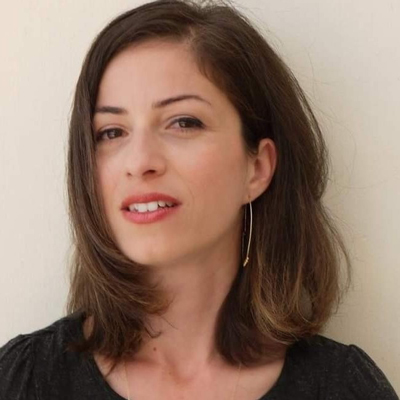
- ענבר פינטו
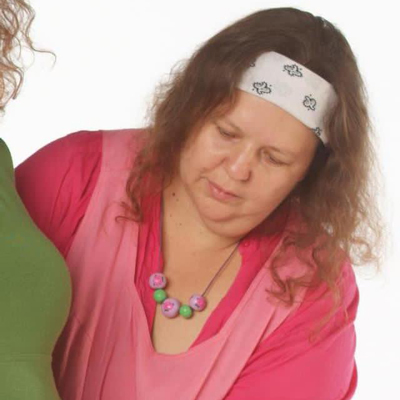
- גילה רונאל
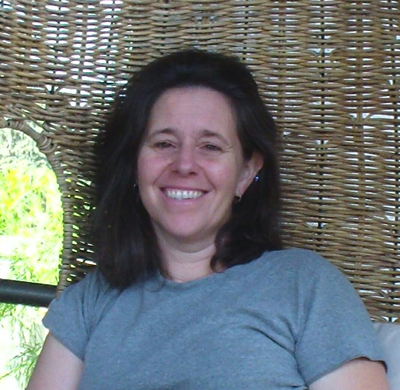
- יעל בלורי
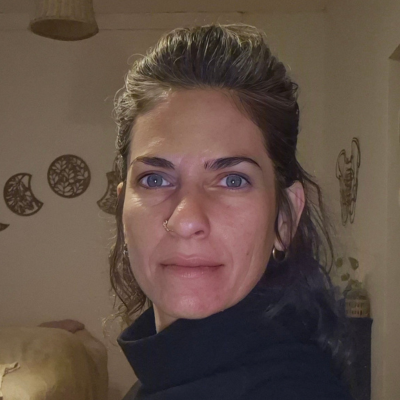
- נאיה ברט
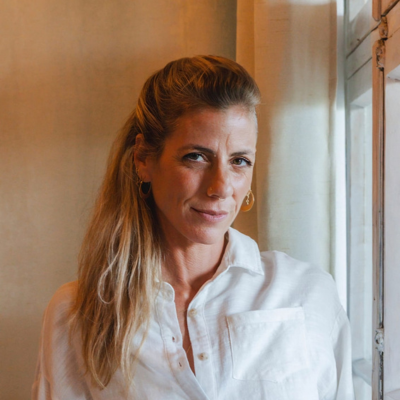
- אנאבל אור זוהר (לב טלר)
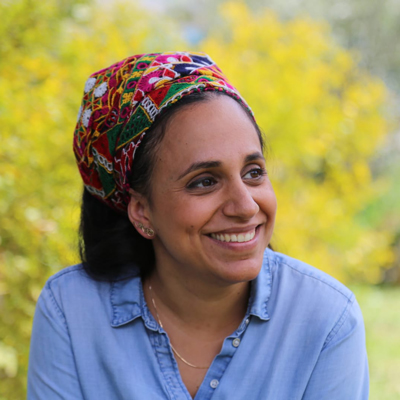
- הדר גרף
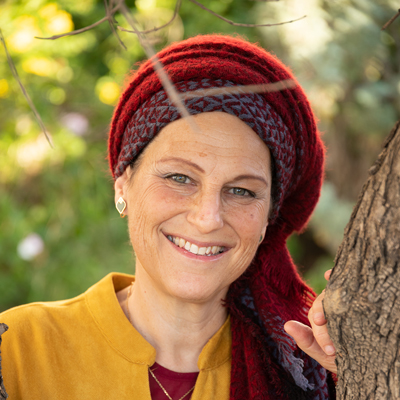
- לאה ריכטר
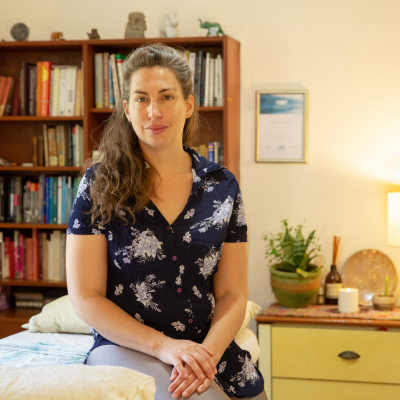
- תמר שפריר
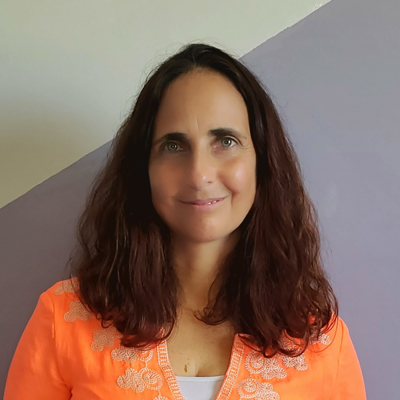
- אביגיל מולכו שילוח
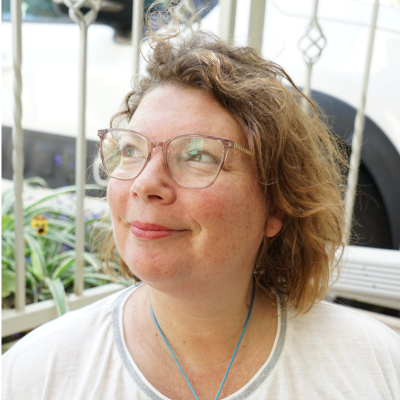
- רונה מנספלד מנדל
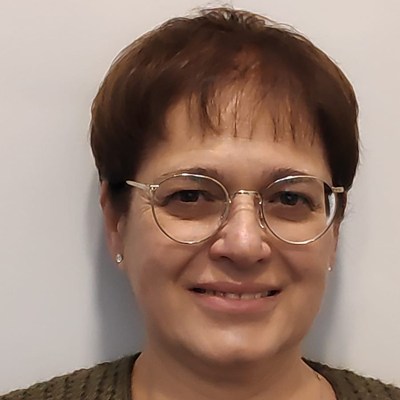
- סוזי גרינברג
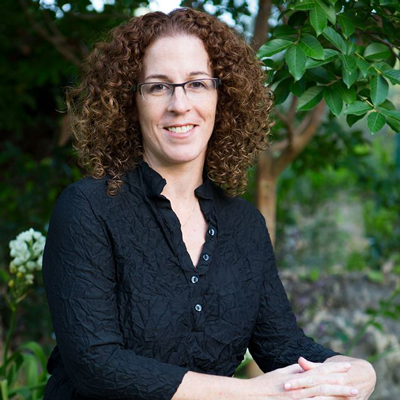
- הדס שורץ
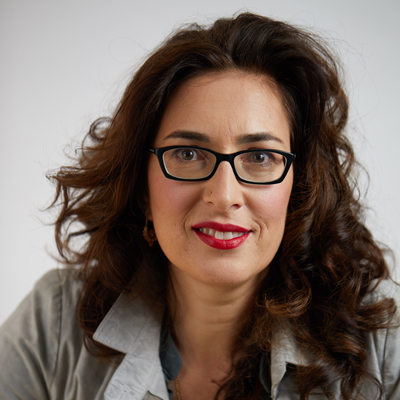
- מיכל רוזן
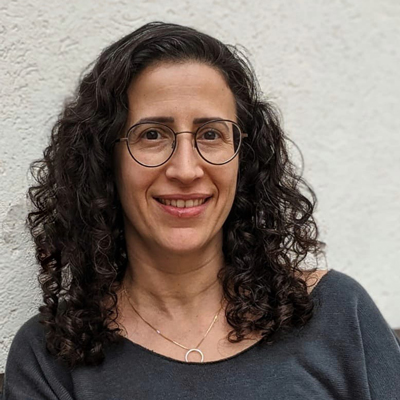
- טל ביננפלד
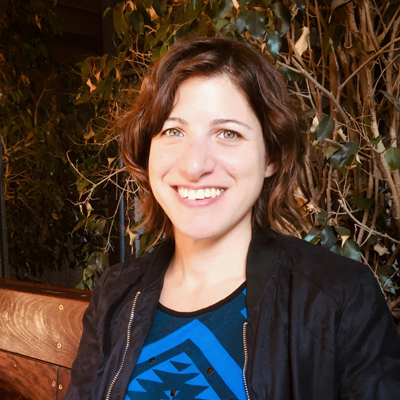
- איריס גומס
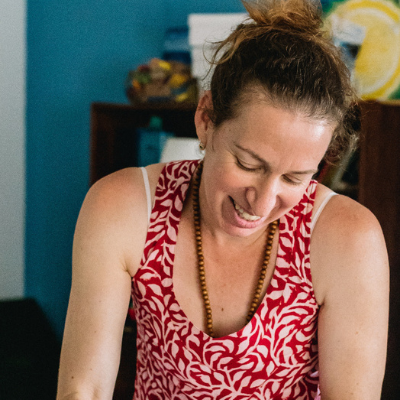
- ניצן רובין
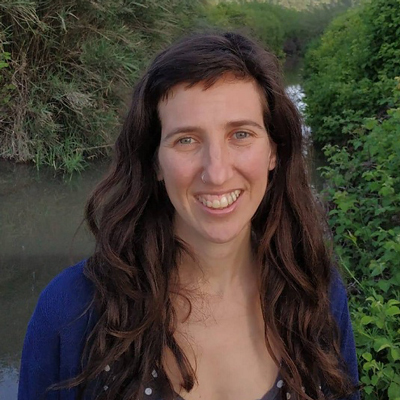
- ורד לבון
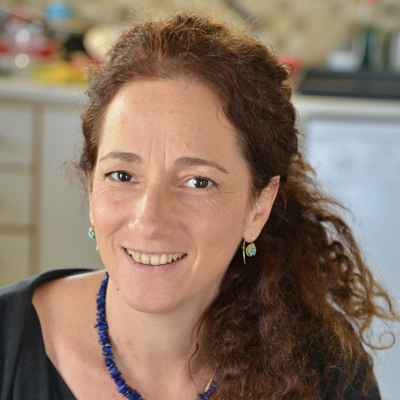
- ורד אדרעי
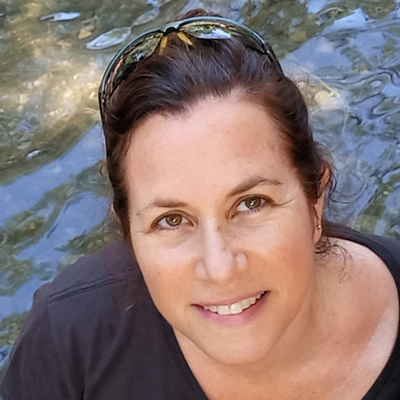
- ליאת פימונטל

- נעה עובדיה וכסלר
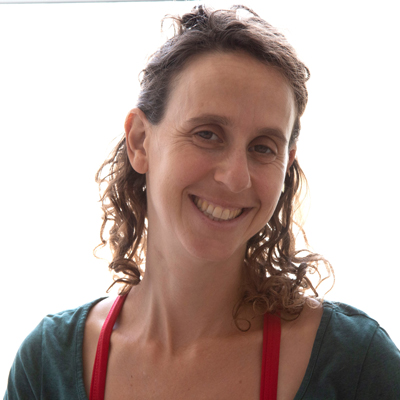
- טלי שמעוני
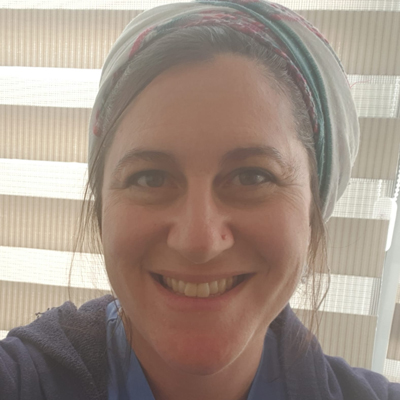
- אלה שירי אזבנד
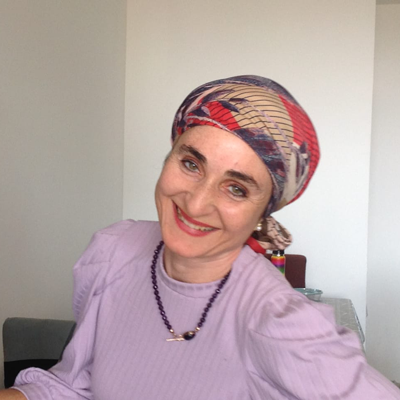
- אילנה מזרחי
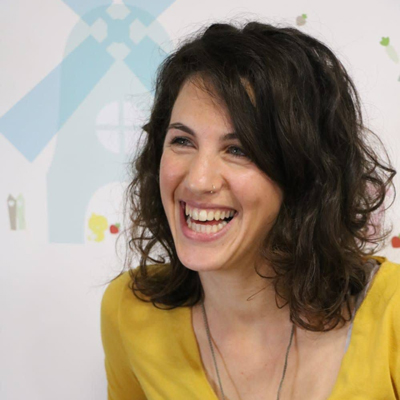
- מעיין עשת
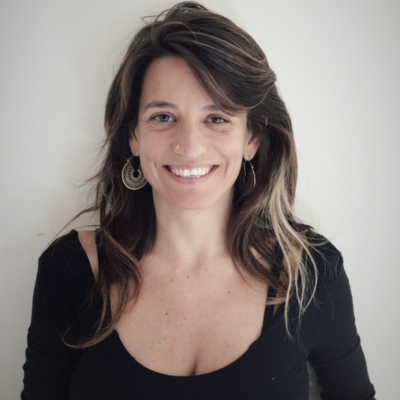
- הגר לרנר
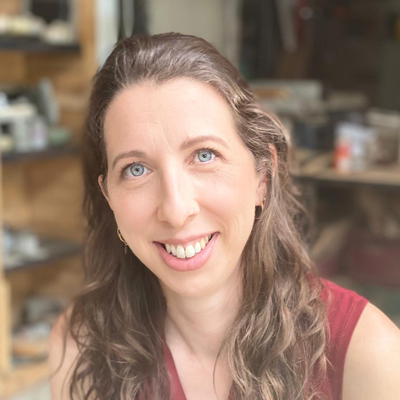
- שירה ליפקין
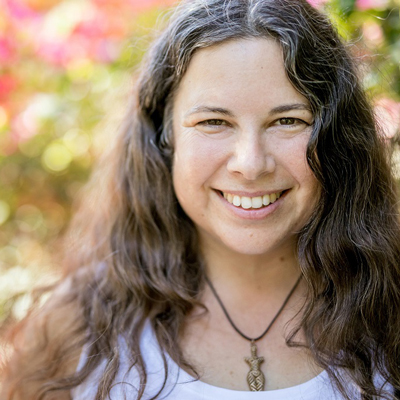
- גלית בראלי

- ליבת מגרם
